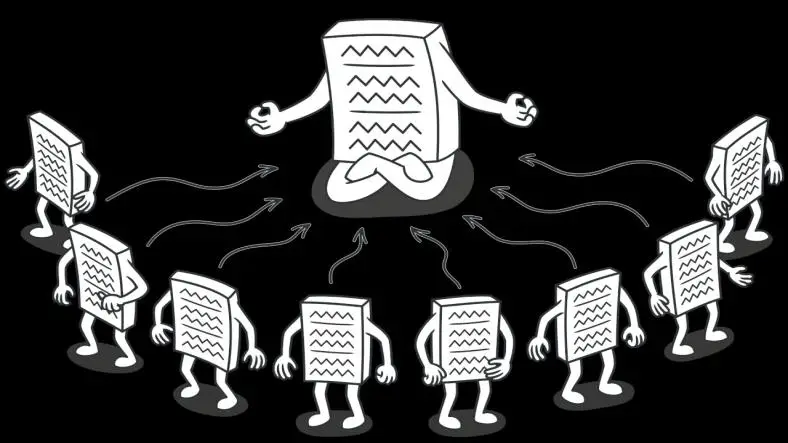Keeping secrets is a personal and ethical decision that depends on various factors, including the nature of the secret, the impact it may have on others and legal obligations. However, here are some examples of things that are commonly considered appropriate to keep confidential:
- Personal confidences: Respect the privacy of individuals who confide in you about personal matters, such as their struggles, fears, or sensitive information. This includes maintaining the confidentiality of their medical conditions, relationship issues, or financial situations, unless disclosure is necessary to protect their well-being or the well-being of others.
- Professional obligations: If you work in a profession where confidentiality is crucial, such as a lawyer, therapist, or doctor, you have a legal and ethical obligation to keep information shared by clients or patients confidential. Respecting professional boundaries and maintaining confidentiality is essential for building trust and ensuring individuals feel safe seeking help.
- Sensitive or classified information: When entrusted with classified or sensitive information, such as state secrets or trade secrets, it is essential to honor confidentiality obligations. This applies to roles in government, businesses, or any situation where the unauthorized disclosure of such information could have serious consequences.
- Personal safety: If someone discloses information about their safety or the safety of others, such as instances of abuse or threats, it may be necessary to keep that information confidential to protect individuals involved. However, it is essential to consider legal obligations and the need to ensure the well-being of those potentially at risk.
- Surprises and special events: Keeping a secret related to a surprise party, gift, or special event can add to the excitement and enjoyment of the occasion. Respecting the wishes of those involved and maintaining confidentiality until the appropriate time enhances the surprise factor.
It's important to note that the decision to keep a secret should not be used to cover up illegal activities, harm others, or perpetuate deception. Ethical considerations, legal requirements and the potential impact on others should always guide your decision-making when it comes to keeping secrets.
Thanks for reading the article, for more lifestyle related articles read our peoples blog articles.















